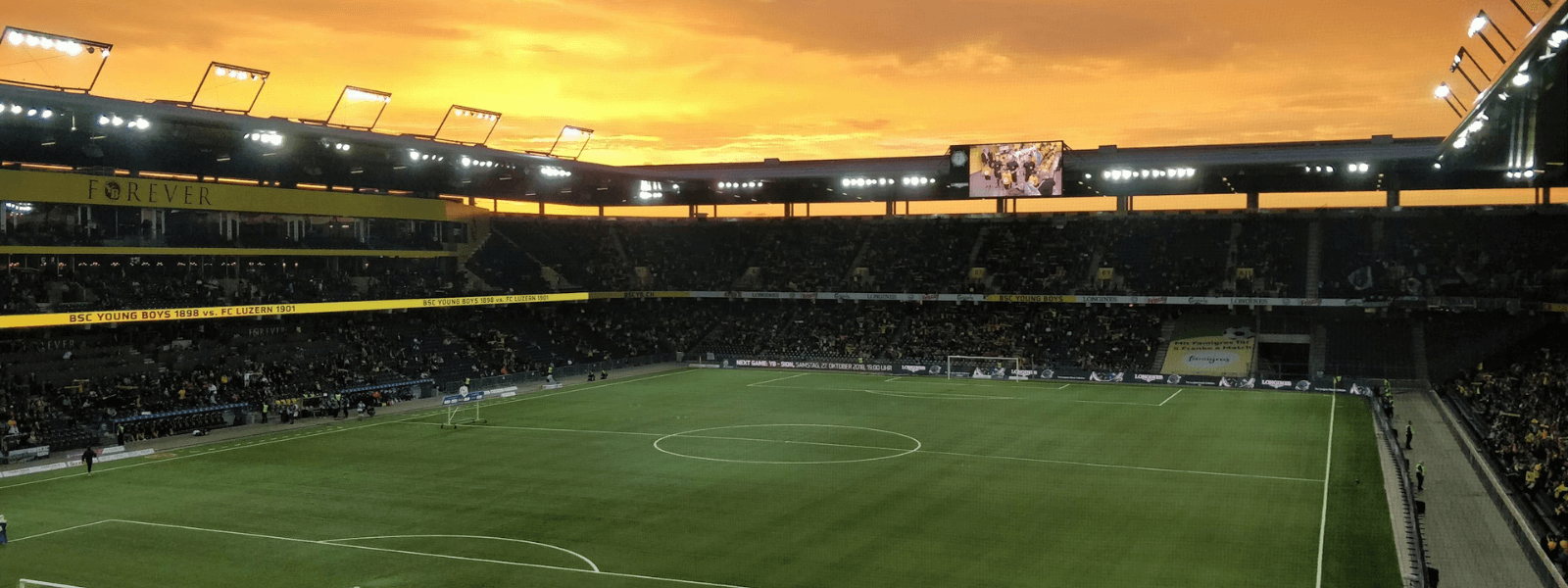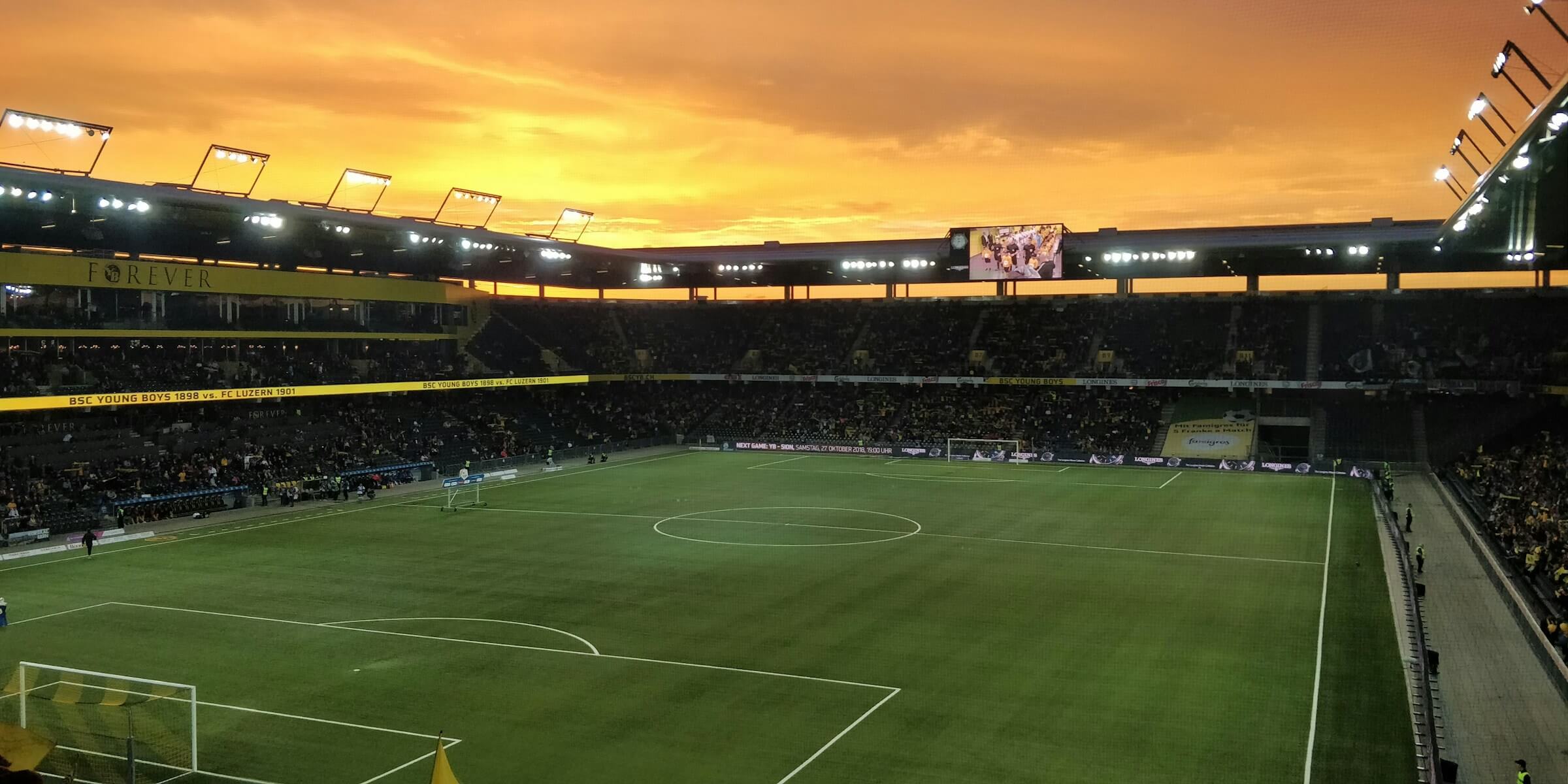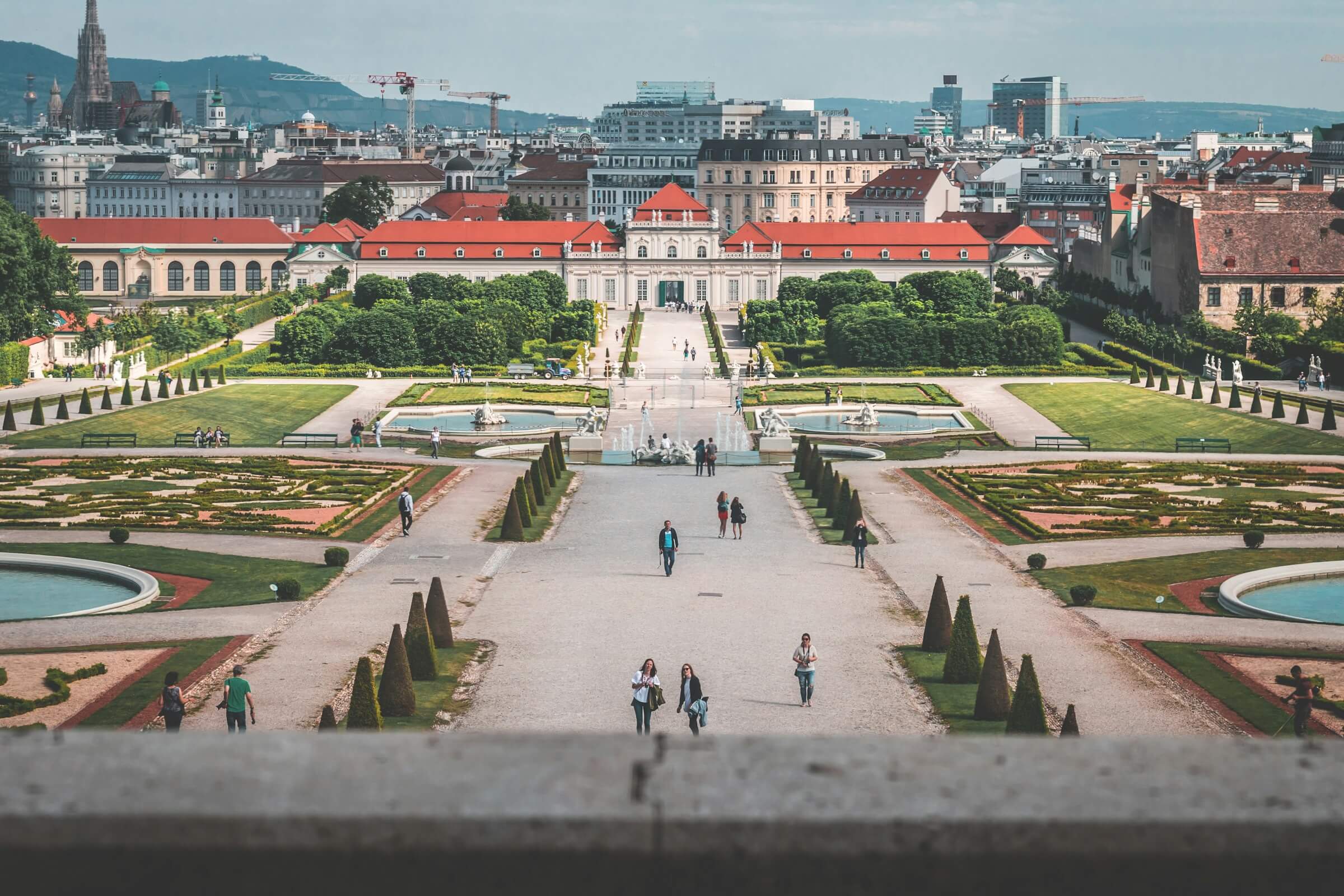
European Football Championship 2008
The thirteenth European Football Championship was again hosted by two countries, Austria and Switzerland. This was the first opportunity for these two neighboring countries to organize a major European national team competition.
Qualifications
As with the previous European Championship, fifty national teams participated in the qualifications. This time, they were divided into seven groups – six groups of seven teams and one group of eight teams. The first and second-placed teams secured passage to the final tournament. This meant that the playoff matches, present in several previous qualifications, were eliminated.
In Group A, Poland finished first, while Portugal was second. The Serbian national team failed to qualify, finishing in third place, three points behind Portugal. In Group B, the favorites expectedly qualified for the European Championship – Italy finished first, and France second. From Group C, Greece advanced as the top team, and Turkey secured second place. Group D once again featured the Czech Republic and Germany together. Both teams managed to qualify for Austria and Switzerland, with the Czech Republic finishing first and Germany second. In Group E, Croatia and Russia secured their places in the final tournament, preventing England from doing the same as they finished one point behind second-placed Russia. Spain and Sweden were the best in Group F, while in Group G, Romania topped the group, with the Netherlands finishing second.
Host Country
Austria and Switzerland jointly hosted the tournament, with matches held in several cities across both countries. In Austria, the host cities were Vienna, Klagenfurt, Innsbruck, and Salzburg. In Switzerland, they were Basel, Bern, Geneva, and Zurich. The semifinals were played in Basel and Vienna, with the final in Vienna.

Stadium in Bern. Photo: unsplash.com.
Participating Teams
In addition to the hosts, Austria and Switzerland, the teams that qualified for this European Championship were Germany, Greece, the Czech Republic, Romania, Poland, Italy, France, Croatia, Spain, the Netherlands, Portugal, Turkey, Russia, and Sweden.
Group Stage
The teams were divided into four groups for the group stage.
Group A included Switzerland, the Czech Republic, Portugal, and Turkey. Portugal and Turkey had the same points, but Portugal finished first due to a better goal difference, with Turkey in second place. Group B consisted of Austria, Croatia, Germany, and Poland. Croatia won all three matches in this group, finishing first, while Germany was second. Group C included the Netherlands, Italy, Romania, and France. The Netherlands won the group with a perfect nine points, and Italy finished in second place. Group D featured Greece, Sweden, Spain, and Russia. Spain topped the group, with Russia finishing second.
Knockout Stage
In the first quarterfinal held in Basel, Portugal and Germany faced off. After a fierce battle, Germany emerged victorious with a 3-2 result. In the second quarterfinal match played in Vienna, Croatia and Turkey decided the winner through penalties after a dramatic match. Croatia had taken the lead with a goal by Klasnić in the 119th minute, only for Semih to equalize in the second minute of added time in the second extra period. Turkey won in the penalty shootout.
In the third quarterfinal, Russia defeated the Netherlands. The match ended 1-1 in regular time, but Russia scored two more goals in extra time to advance to the semifinals. The last quarterfinal match saw a major European derby between Spain and Italy. After 120 minutes of hard-fought play, the match ended goalless, leading to a penalty shootout, which Spain won to advance to the semifinals.
The first semifinal featured an interesting duel between Germany and Turkey. Germany was the favorite and held a result five minutes before the end that guaranteed them victory. However, Semih once again stepped up, scoring in the 86th minute to equalize. The excitement didn’t end there, as Lahm scored in the 90th minute to secure Germany’s place in the final.
In the second semifinal, the uncertainty lasted only in the first half. In the second half, Spain completely outplayed Russia and won 3-0 with goals from Xavi, Guiza, and Silva.

Vienna, the host of the final of this European Championship. Photo: unsplash.com.
Final
In the final, Germany faced Spain. Spain won the match 1-0 with a goal from Fernando Torres in the 33rd minute, securing their second European Championship title and ending their 44-year wait for a major international trophy.
Statistics
The top scorer of the tournament was David Villa of Spain, who scored four goals. Xavi Hernández was named the best player of the tournament for his outstanding performances throughout the competition.
Legacy and impact
Spain’s victory in the 2008 European Championship marked the beginning of a new era in international football, characterized by their dominance and a distinctive style of play known as “tiki-taka.” This triumph laid the foundation for their subsequent successes, including winning the 2010 FIFA World Cup and the 2012 European Championship.
Interesting Facts
This European Championship was notable for the strong performance of underdog teams, such as Turkey and Russia, who reached the semifinals against the odds. Additionally, it was the first time Austria and Switzerland hosted a major international football tournament, showcasing their ability to organize a successful and memorable event.



